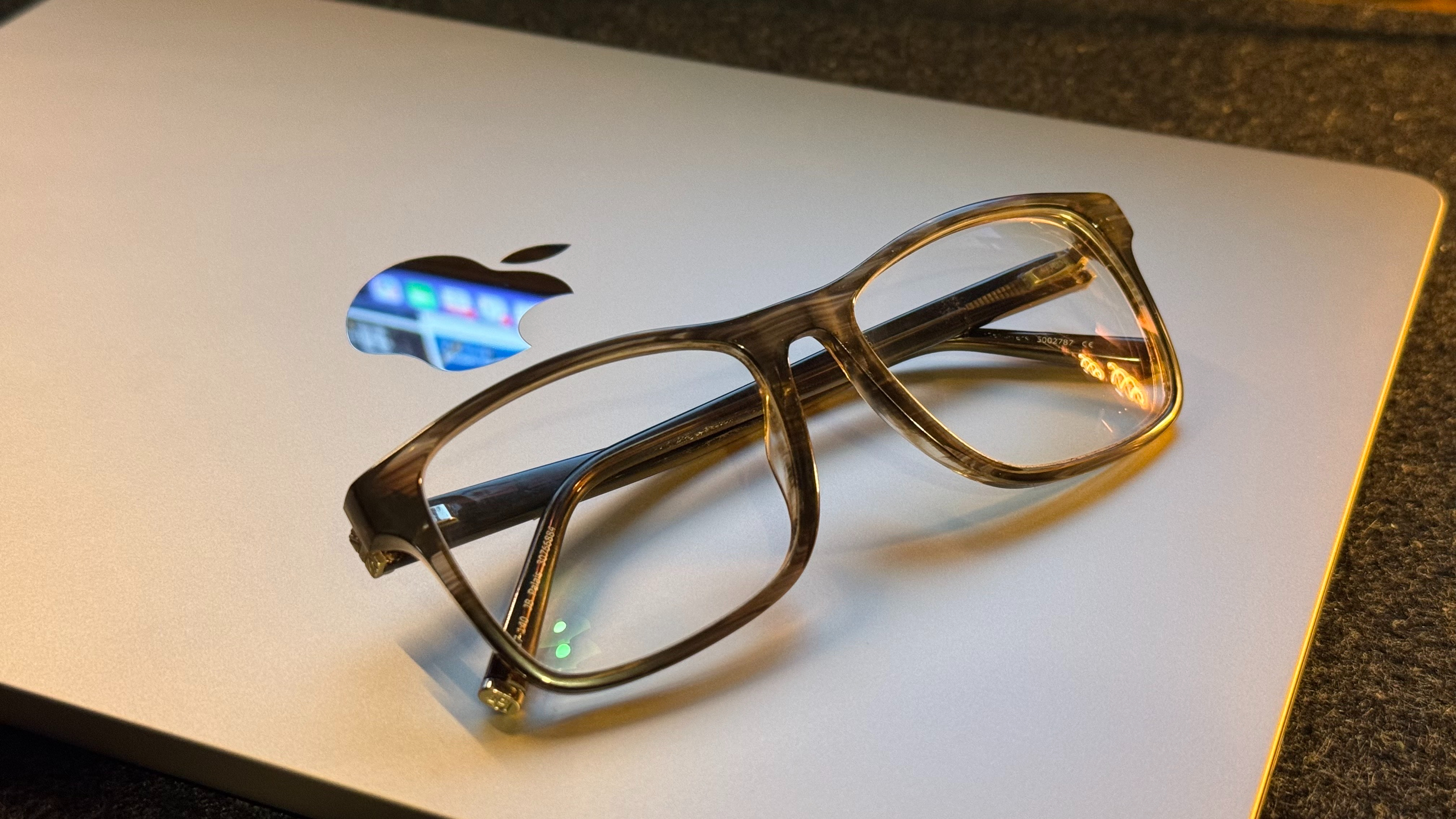
It took years of rumors and guesses but the oft-rumored Apple AR/VR headset finally shipped earlier this year and the Apple Vision Pro is now very much a thing. The same happened with the rumored Apple over-ear headphones when AirPods Max shipped before that. And while the Apple Car will now never see the light of day, another long-running rumor could one day ship in the form of Apple Glass — and a new patent suggests that Apple has some interesting plans for the smart glasses.
We've been hearing rumors of Apple Glass since around the time the Apple Vision Pro leaks first started but it was always known that there was a long way to go before anyone could walk around wearing a pair. That remains the case, and with Apple likely focusing on making its spatial computer cheaper we can't imagine its smart glasses are just around the corner. That doesn't mean that plans aren't afoot, however, and a new patent shows that Apple Glass could help people meditate, sleep, and find their way around.
At this point, it's worth remembering that Apple has its engineers patent a ton of ideas and not all patents turn into shipping products or features. But they can often give us an insight into what Apple's thinking might be, and in the case of Apple Glass, it's a rare look at what's going on inside Apple's development teams.
Smarter glasses
According to a newly-granted patent spotted by Patently Apple, Apple's plans for smart glasses include a feature that would use GPS while measuring the orientation of the glasses themselves to offer up information on location and possible navigational routes.
Further, the patent discusses that smart glasses could use opaque lenses to mimic a sleeping mask, making it easier for people to sleep. In that instance, an electrooculography sensor formed using electrodes could be used to monitor the wearer's eye movements and detect whether REM sleep had been achieved. Such measurements could even be taken when the eyes are closed — a vital part of the equation when trying to monitor someone's sleep. Similar technology could also help people meditate, the patent suggests. The patent discusses how gaze-tracking technology could be used in various instances, with such technology already used in the Apple Vision Pro.
Perhaps the most interesting aspect here could be navigation, though. Being able to see augmented reality mapping directions when walking the streets could be a huge feature, for example, and has long been the go-to example of what could make AR glasses so beneficial.
Apple is still likely years away from being able to make Apple Glass in a way that would be beyond what is already available on the market. The price would also likely be a prohibitive factor as well. Apple has already been stung by the reaction to the Apple Vision Pro's $3,499 starting price with many waiting for the headset to get much cheaper before taking the plunge.







